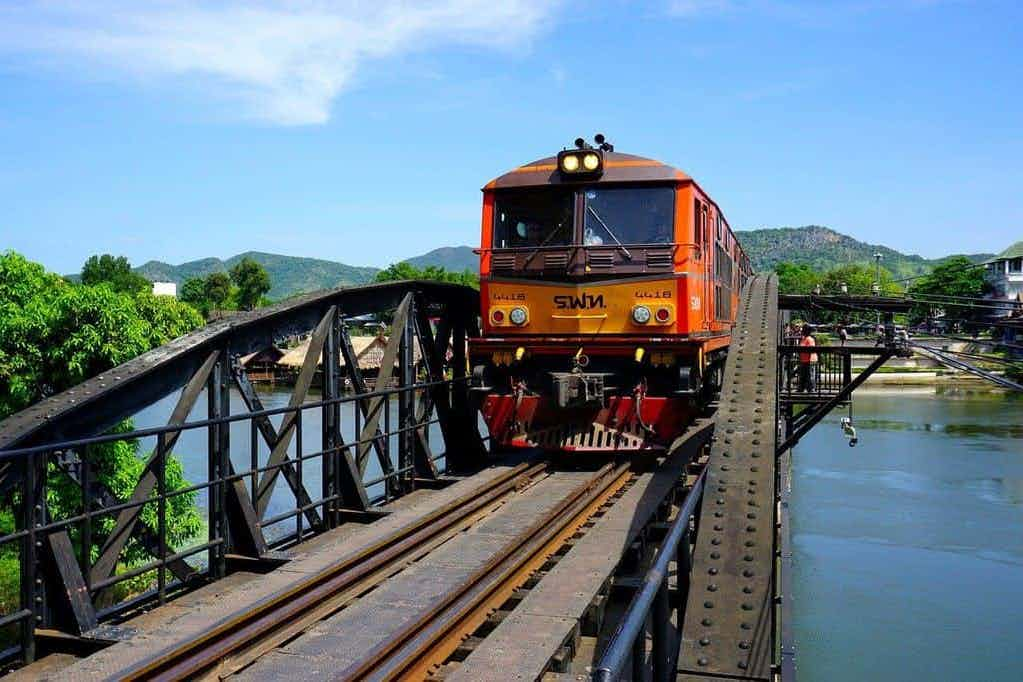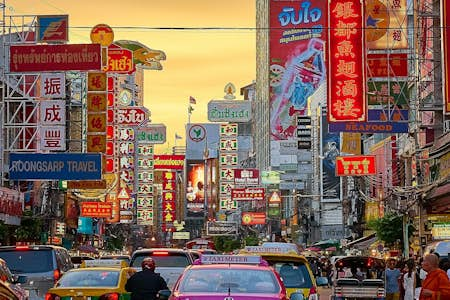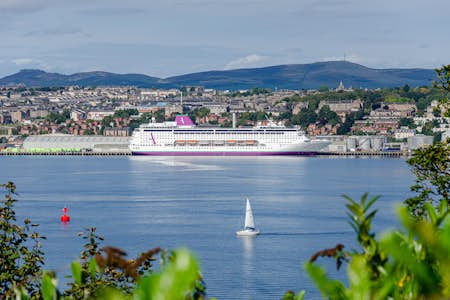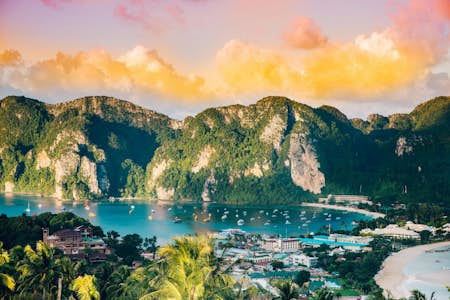Rating: ★★★★1/2
Released: 1957
Director: David Lean
Starring: Alex Guinness, William Holden, Jack Hawkins
Streaming: NowTV Movies (Free), Sky Movies (Watch, Free; Buy, £7.99), BFI Player (Free), Amazon Prime Video (Rent, £2.49; Buy, £3.99)
Stay up to date with all your favourite shows - and know what your kids and grandkids are talking about - by taking out a subscription to a leading streaming service. Click a provider below to get started.
David Lean began his career in cinema as an editor. After editing newsreel features in the early 30s, he took to feature films in the mid-1930s, seven or eight years before he started directing in the early 40s. When you watch some of his more mature efforts from the 1950s and 1960s, his experience as an editor very much stands out. Lawrence of Arabia is commonly regarded as the best-shot film of the 20th century; Bridge on the River Kwai could be a close second.
The films he produced in the latter half of his career are generally regarded as some of the best in the era, but he took his time with them. In the 32 year period spanning 1952 to 1984, Lean only made eight films at a time when his contemporaries (Hitchcock as a notable example) would often deliver a feature a year. Of these eight films, four were nominated for the Academy Award for Best Picture, and two won.
Today, Lean is renowned for bringing epic tales to the big screen which share one thing among all else: their scale. Doctor Zhivago is four hours and 15 minutes long, and Lawrence clocks in at almost four full hours. They both tell stories framed by huge historical events, with great, sweeping shots that linger in the imagination for hours, even days afterwards.
In comparison, Bridge on the River Kwai is the runt of the litter at a measly two hours and 41 minutes. The film is set in a WW2 POW camp in Burma, managed by a small Japanese force and home to a battalion of Allied (mainly British) prisoners led by Colonel Nicholson (Guinness). It concerns their efforts to build the titular bridge, and with it the differences between the British and Japanese attitudes towards defeat and honour.
There’s a counter-narrative where the charming special forces Major Warden (Dawkins) leads camp escapee (Holden) back through the Burmese jungle to sabotage the bridge which the British forces eventually take a surprising amount of pride in constructing.
Although by no means a timeless film, I find that today, Kwai resonates for a number of different reasons; chief among them that it engages heavily with the concept of honour and pride. Nicholson is prepared to engage any task given to him by their Japanese jailors with a dose of Royal Army professionalism. In comparison, the antagonist Colonel Saito believes (as many Japanese soldiers did during the Second World War) that defeat is fundamentally dishonourable and shameful. In fact, it’s one of his lines that best sums up the difference in attitudes that the film illustrates: “I hate the British! You are defeated but you have no shame. You are stubborn but you have no pride. You endure but you have no courage.”
Remarkably, after a hostile start regarding officers’ treatment under the Geneva Convention, Nicholson opts not to sabotage and delay the construction of the bridge, but rather chooses to build it and build it well. Despite achieving his aims on time and against the odds, this is the greatest dishonour for Colonel Saito, who has effectively been beaten at his own game by Nicholson. The efficiency shown by imprisoned British troops effectively humiliates his own soldiers, and his command as a result.
I started this review by talking about David Lean’s appreciation of scale throughout his slow-burn, long-watch epics, and it’s fair to note that Bridge on the River Kwai is no exception to this rule. It’s a masterful, grand narrative capped well by a strange and exceptional climax. Perhaps its greatest difference to other epic war films (and for some, its greatest shortfall) is really that it lacks any great battle scene; at times, it’s almost easy to forget that it’s a film about war, given that it isn’t particularly violent. But I’m fine with that. This isn’t a film about shedding blood, about triumph over the enemy, or about succeeding despite the odds; it’s a film about the power of resilience, about how even the defeated can be winners when they hold their heads high and persevere.









